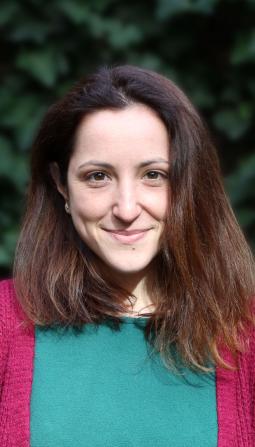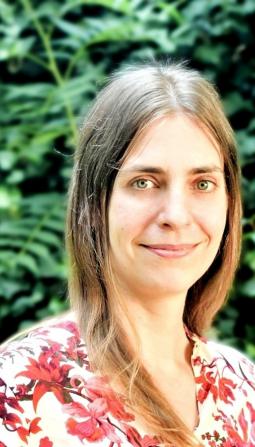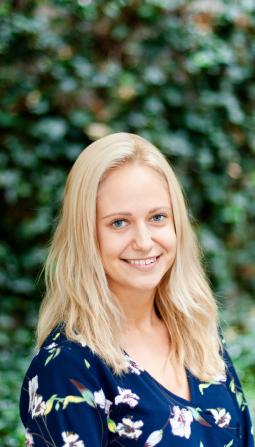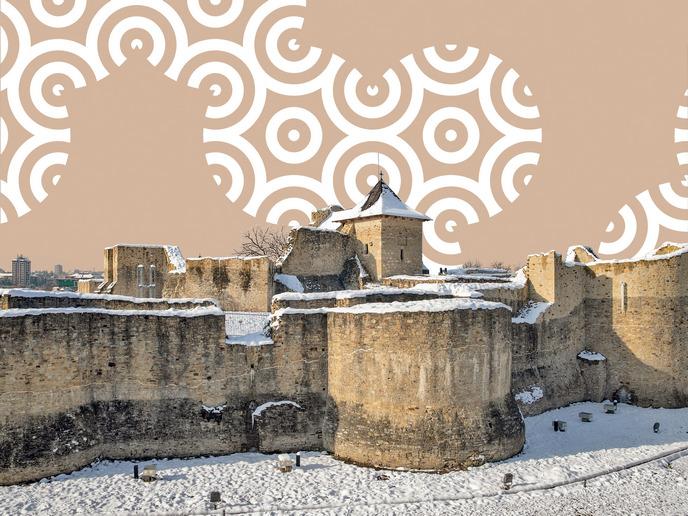
EU Research Champions Sustainable Cultural Tourism
The EU's Research and Innovation agenda emphasises the significance of cultural tourism, and it is centred around generating new knowledge and evidence-based solutions that address these challenges and promote sustainable cultural tourism.
A new CORDIS Results Pack focuses on eight Horizon 2020 research projects, including ERRIN's Be.CULTOUR project where members are directly involved, demonstrating the EU’s commitment to conserving Europe’s cultural heritage and transitioning to sustainable cultural tourism.
It explores the potential of cultural tourism for regenerating and valorising cultural heritage and empowering local communities by creating sustainable jobs and opportunities for entrepreneurial activity. The pack will help policymakers to better understand cultural tourism, develop evidence-based policy options and give stakeholders greater insight into the latest research results. It will also help cultural tourism practitioners to fine-tune their activities based on the latest research and test new tools and solutions developed by the projects.
This Results Pack aims to contribute new perspectives on and insights into cultural tourism and making the target audience more aware of the opportunities that this form of tourism has to offer through the eight projects:
- Be.CULTOUR focused on Europe’s remote, rural and less-known destinations, employing a circular tourism approach to reduce waste, conserve resources, promote green transportation and support local products.
- IMPACTOUR created a methodology and tool to measure and assess the impact of cultural tourism on regional European economic and social development. The
- INCULTUM project worked with communities in out-of-the-way regions to pursue sustainable bottom-up strategies for social, cultural and economic development that benefits both tourists and locals alike.
- RurALLURE developed a platform that allows travellers along Europe’s historic pilgrimage routes to customise their travel itineraries according to their interests and learn more about the surrounding cultural and natural heritage.
- SmartCulTour conducted field tests in six living labs and identified which co-created sustainable practices have a positive impact, especially in rural peripheries and the urban fringe.
- SMARTDEST set up eight city labs to conduct in-depth analysis of the social impacts of tourism, give a voice to local communities, and contribute to a more just and inclusive social and economic model.
- SPOT explored emerging forms of cultural tourism, identifying opportunities and developing strategies that allow local people to gain benefits from their precious cultural assets.
- TexTOUR conducted eight cultural tourism pilots in deprived areas of Europe and beyond to create a methodology that enables communities to develop sustainable tourism based on local heritage.
Learn more here.
ERRIN members have expressed interest in being part of sustainable tourism projects through the latest Interreg call, learn more by expressing your interest on our new Project Development Tool here.
Learn more about the Tourism Transition Pathway at the next Cultural Heritage and Tourism Working Group meeting on 26 March 2024.
- Francesca Pozzebon
- 06/03/2024
-
Working Group
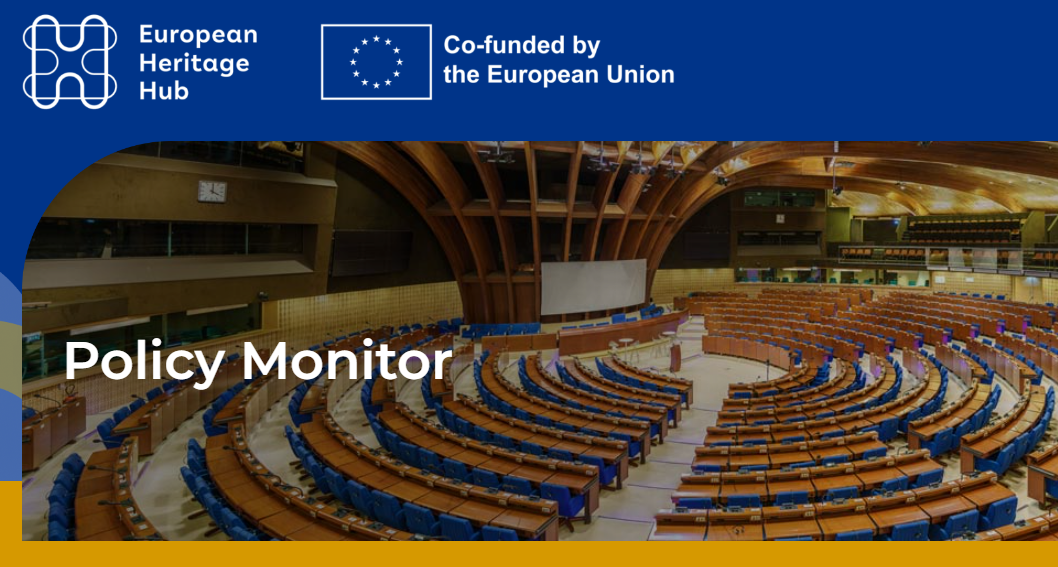
The European Heritage Hub launches two new digital tools: Heritage Library and Policy Monitor
The European Heritage Hub is a two-year pilot project launched in May 2023 by a consortium of 20 partners, led by Europa Nostra and co-funded by the European Union, to set up a permanent and autonomous heritage hub in Europe.
The project brings together a large array of heritage stakeholders and initiatives, responding to the need for more structured cooperation and coordination at all levels of governance, from local to European and international. Using the green, digital and social triple transformation of Europe as the overarching theme for all its activities, the project builds the capacity for action and advocacy of the European heritage sector to support the transition towards a more sustainable, innovative and inclusive future.
The Hub has recently launched two new digital tools: the Heritage Library and the Policy Monitor.
- The Heritage Library is a digital repository offering a rich and multilingual collection of heritage-related materials, ranging from research papers, articles and case studies to audiovisual content. With advanced filtering options by category, document type, language, geography, and publication date, this platform aims to enhance accessibility and foster knowledge-sharing within the sector. You are encouraged to contribute your own resources via our submission form. Explore the Heritage Library here.
- The Policy Monitor is an online tool mapping out policies impacting cultural and natural heritage at EU, national and local levels. Users can navigate the developing policy landscape by using an interactive map and access dedicated country profiles spanning Europe. Beyond data collection, the Policy Monitor aims to analyse trends and identify regulatory gaps, with quarterly snapshots shared by our Policy Team. Visit the Policy Monitor here.
Both are now readily accessible, free of charge, and without registration requirements.
- Francesca Pozzebon
- 06/03/2024
-
Working Group
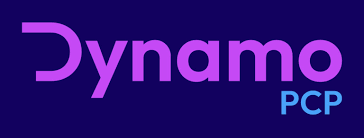
Dynamo PCP - call for tender
Dynamo PCP is modelling and dynamically assessing integrated health and care pathways to enhance the responsiveness of health systems.A call for tender from potential suppliers of the Dynamo system is currently underway, with a final deadline of 29 April 2024.
DYNAMO will result in a lean and powerful solution enabling quick, data-driven and platform-independent planning of care pathways for situations where health system functions are threatened. This solution will allow EU health care systems to build resilience and respond to public health threats better than they can today.
DYNAMO brings together four procurers from Italy, Portugal, Spain, Poland and the United Kingdom that not only see the need for such a solution but are willing to act on it now. They will set up a collaborative demand side initiative to create the economies of scale and early adoption cases required to build momentum for DYNAMO. As a strategic planning tool, DYNAMO will guide stakeholders in concept development, data modelling, process design and implementation planning. DYNAMO will be able to reliably inform medium-term investment planning to adapt existing processes and infrastructures (incl. IT systems).
More specifically, DYNAMO will be a socio-technical system to
- Efficiently adapt service delivery processes to shocks and structural changes
- Share and integrate cross-sectoral data to accurately forecast outcomes and impacts of alternative pathway configurations
- Facilitate task planning and skills matching in times of crises The Buyers Group includes health and care organisations and authorities representing diverse health care systems and settings, thus reflecting the requirements of different national healthcare ecosystems that DYNAMO will have to meet.
PCP is a pre-commercial procurement (PCP), public procures buy Research & Development (R&D) from several competing suppliers in parallel to compare alternative approaches and identify the most cost-effective solutions that the market can deliver for their requirements. R&D is divided into phases (solution design, prototyping, initial development and validation/testing of a limited number of initial products), with the number of competing R&D providers reduced after each R&D phase.
All the necessary information can be found on the Dynamo website: https://dynamo-pcp.eu
Any questions can be sent to suppliers@dynamo-pcp.eu
- Anna Makowiecka
- 05 March 2024
-
Deadline30 April 2024
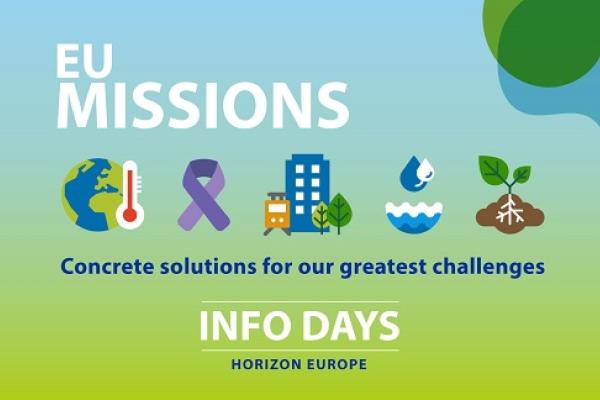
EU Missions Info Days 2024
On 25 and 26 April, the European Commission is organising Info Days dedicated to the EU Missions 2024 calls for proposals.
The event will provide potential applicants with information on the new topics included in the EU Missions work programme 2024 under Horizon Europe. An update on the implementation of each Mission will also be provided:
- Adaptation to Climate Change Mission
- Cancer Mission
- 100 Climate-Neutral and Smart cities by 2030 Mission
- Restore our Ocean and Waters by 2030 Mission
- A Soil Deal for Europe Mission
In addition, the calls under the New European Bauhaus Destination and the cross-cutting activities will be presented in separate sessions.
The Info Days will be streamed online and can be followed here.
- 25/04/2024 - 09:30 - 26/04/2024 - 17:15
- This meeting will take place online
- Silvia Ghiretti
Silvia Ghiretti
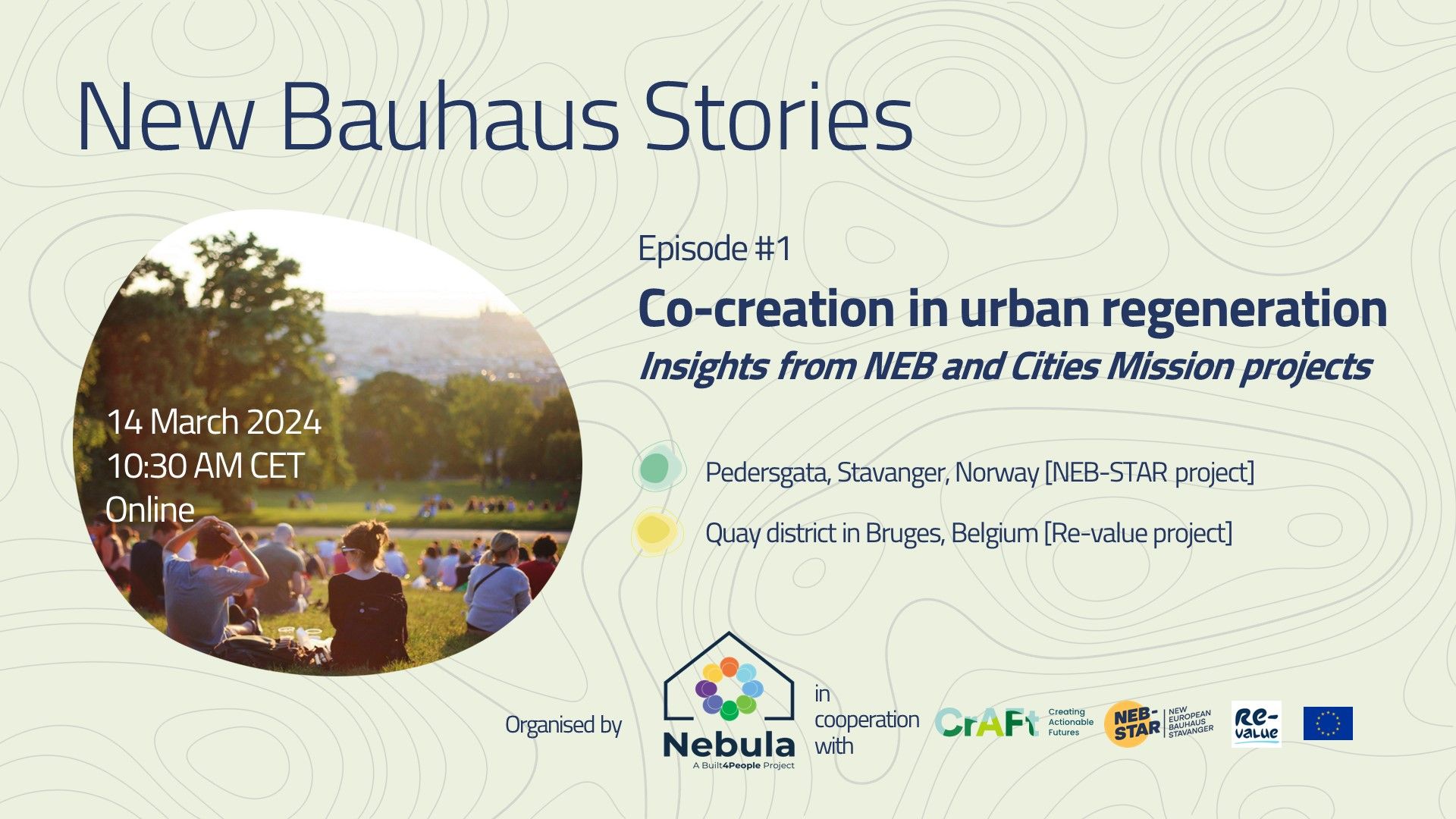
New Bauhaus Stories, Episode #1: Co-design of regeneration schemes
The NEBULA project is launching a series of webinars, 'New Bauhaus Stories' to share experiences and insights about the New European Bauhaus (NEB).
The first episode is entitled: “Co-creation of regeneration schemes’ and aims to discuss how two ongoing urban regeneration schemes are being co-designed in collaboration with citizens and various stakeholders from the construction value chain.
Two demonstration sites from NEB and Cities mission projects - Pedersgata in Norway (NEB-STAR project) and Quay district in Belgium (Re-value project) - will present their respective approaches as part of the webinar.
Please register here.
Learn more about the webinar series.
- 14/03/2024 - 10:30 - 14/03/2024 - 12:00
- This meeting will take place online
- Francesca Pozzebon
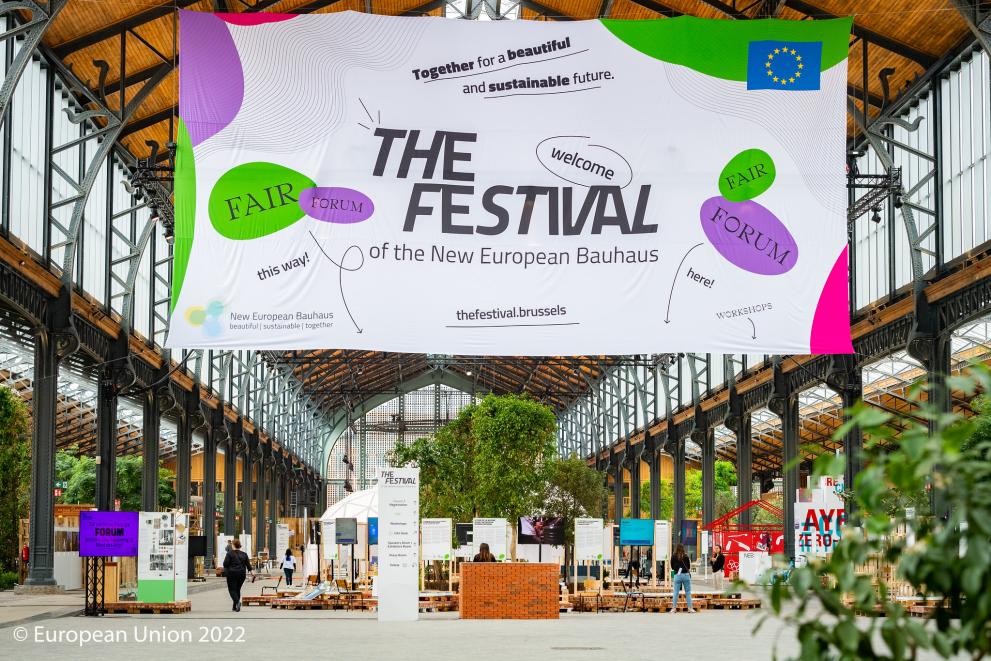
Festival of the New European Bauhaus
Organised by the European Commission in cooperation with the Belgian Presidency of the Council of the European Union, this year's New European Bauhaus festival invites everyone to embark on a 5-days journey of creativity and collaboration exchange on your visions with people from Brussels and across the globe. Join the Festival of the New European Bauhaus on April 9-13.
The festival will also feature the New European Bauhaus Prizes 2024 Ceremony, rewarding 20 projects, designs, and ideas that align and exemplify the movement's commitment and embody the NEB values. The 2024 edition will feature a Special Recognition of Ukraine's Reconstruction and Recovery Effort and will spotlight regions across the EU facing more intensive socioeconomic constraints and places challenged the most by the need to evolve into a carbon-neutral economy.
Easily switch between the FORUM, featuring keynotes and panel discussions, the FAIR of workshops, labs, and exhibitions, and the FEST part, showcasing artistic performances. Meanwhile, Satellite Events will take place all over Europe and beyond, ensuring that the spirit of the New European Bauhaus Festival reaches far and wide.
Learn more about the Festival here.
- 09/04/2024 - 09:00 - 13/04/2024 - 18:00
-
Parc du Cinquantenaire and the Arts & History Museum
Parc du Cinquantenaire 10, 1000 Bruxelles
1000 Brussels
Belgium - Francesca Pozzebon
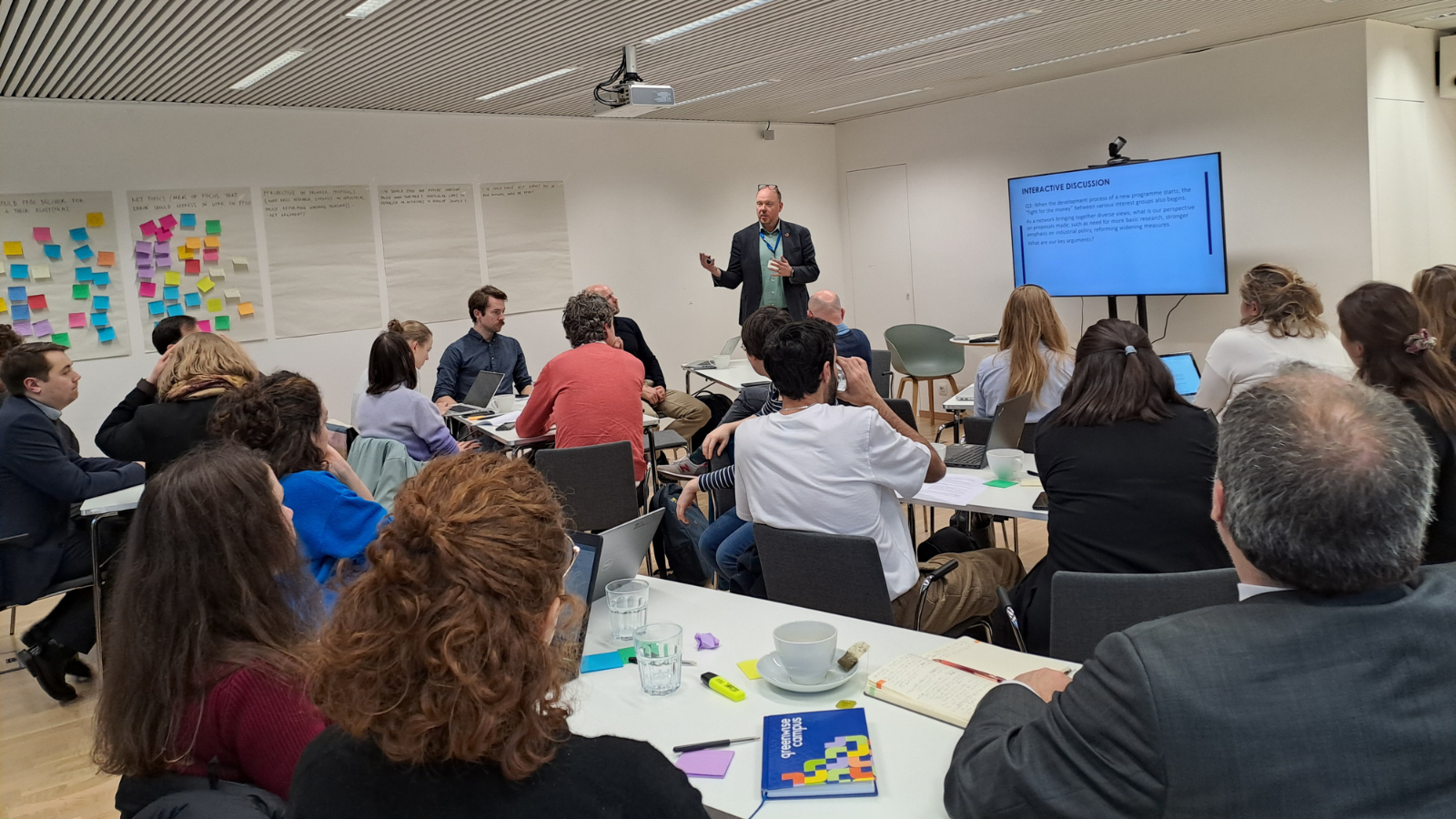
Marching towards FP10 – ERRIN activity update
As we enter March and approach the European R&I Days 2024, several ERRIN activities planned for 2024 with a link to FP10 have already taken place, and more are on their way. Have a look at an update with the outcomes of our recent work on the next European Framework Programme for R&I, next steps and different opportunities to get involved in the discussion, below. Scroll all the way down for the ERRIN community networking reception opportunity on 19 March!
At the end of January, the ERRIN member survey was launched, asking about the regional work on FP10, key issues to address and expectations in terms of support. One of the survey’s objectives is to help shaping network’s activities and position on FP10, receiving inputs from across the membership. The survey remains open – we encourage all members who haven’t contributed yet to submit their responses to influence ERRIN's work.
Over the first few weeks, 27 regional members from across 12 countries offered their answers, which served as a reference for discussions during the internal member exchange organised by the Policy Working Group on 22 February around regional work on FP10 and key issues to address. Following spontaneous interventions from members about their regional activities planned around FP10, we heard from colleagues from Greater Copenhagen EU Office, Stockholm Region EU Office and VLEVA / Flanders about the development of their regional input papers. We then continued with brainstorming and interactive session, discussing what FP10 should deliver for regions and their ecosystems, key issues that ERRIN should address in its work, broader areas of debate, and links to cohesion policy, among others.
Some of the issues on the table: continuation of EU Missions; widening; aligning R&I and cohesion policies; intra and inter-fund synergies, especially between FP10 and cohesion funding; stronger FP10 budget; excellence; regional innovation ecosystem-related initiatives; role of regions in European Partnerships; integrating industry and companies, especially SMEs in FP10; addressing the gap between societal interests and interests of academic excellence.
Other recent developments
On 7 February the ERRIN and TRAMI project Mutual Learning Event on synergies between European Partnerships and EU Missions took place. On 23 February, Ewa Chomicz, ERRIN’s Policy and Engagement Manager, shared reflections on the challenges and ways to support place-based innovation in the future at the Committee of the Regions SEDEC commission and Marche Region conference on "Place-based innovation for the EU's green and digital transition" in Ancona.
What’s coming up?
On 12 March, TRAMI project and UnILion will host a European Mission Network and Mutual Learning Event on the role of European Research in the EU Missions. Pirita Lindholm, ERRIN's Director, will be speaking at the session entitled "Is there a bright future for the EU Missions in the FP10?". Learn more and register by 5 March here.
On the occasion of the EU R&I week, we are organising an ERRIN R&I Days networking reception on 19 March from 18:00-20:30 at the ERRIN premises (Rue du Luxembourg 3, 8th floor). We cordially invite all network members and their regional stakeholders from across Europe to meet up and discuss the way forward towards FP10 in an informal setting. Learn more and register here.
More ERRIN FP10-focused Working Group meetings are also in the pipeline. We already invite you to save the dates on 23 April from 14:00-16:00 for an exchange on the role of EU Missions in FP10, and on 22 May from 10:00-12:00 for discussion on widening in FP10 and how the widening debate impacts the future cohesion policy post-2027. The events and registration will be published on the ERRIN website closer to the dates.
- Ewa Chomicz
- 01/03/2024
Ewa Chomicz
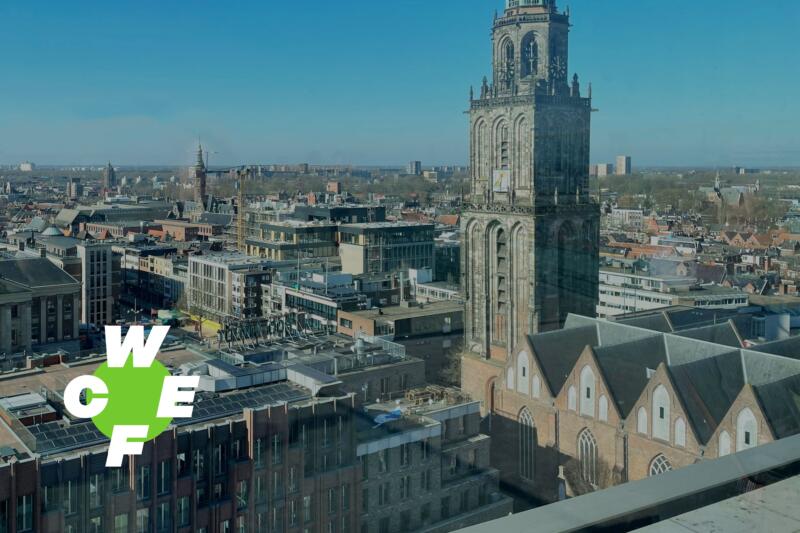
WCEF 2024 accelerator session: Inspiring best practices from a circular hub in Northern Netherlands
Chemport Europe, the provinces of Groningen and Friesland, the Municipality of Groningen, hubs Circulair Groningen and Circular Friesland, Groningen Seaports, Greenwise Circular Plastics, and Holland Circular Hotspot, collaboratively organise an official WCEF2024 accelerator session on the northern Netherlands’ bottom-up, regional approach towards circularity, illustrated by best practices in plastics, textile and construction on 18 April from 13:00-14:30 at the House of the Dutch Provinces.
The North of the Netherlands is characterised by a practical approach, where there is a lot of experience in bottom-up collaboration in ecosystems. In this session, they share their approach, looking to build (circular) bridges transnationally and to give regions, local authorities, regional partnerships and companies action perspectives for the transition to a circular economy.
Policymakers, business representatives and interested public are invited to actively engage for knowledge exchange and mutual inspiration. We focus on the region’s perspective in this session. Therefore, the session is primarily intended for target groups working on the transition to a circular economy at the regional and local levels.
Programme:
13.00 Opening
13.05 Eco-systems for circularity in a regional perspective
13.15 Deep-dive into three practical examples: plastics, textiles and construction
13.45 Round table sessions for discussion per topic
14.30 End of session
After the session, there will be the possibility to mingle and chat with speakers and the audience.
To register for the session, please see here.
- 18/04/2024 - 13:00 - 18/04/2024 - 14:30
-
House of the Dutch Provinces
Rue de Trêves 59-61
1000 Brussels
Belgium - Angèle Liaigre

Cities Mission: Experiences and lessons learned from the Climate City Contract process
As a follow-up to the Smart Cities Working Group meeting organised in 2023, the Working Group is inviting two cities that have successfully developed their Climate City Contracts to share their experiences and lessons learned from the process. Reflections and insights on how they have used or are planning to use the Mission Label to attract funding and financing for their climate neutrality work will also be shared. The European Commission will provide an update on the state of play of the Cities Mission, focusing on the Climate City Contract process and the Mission Label.
The meeting will give ERRIN members an update on the progress of the Cities Mission and how the Mission Label has evolved over the past year. Additionally, it will provide cities that are yet to submit their Climate City Contracts with an opportunity to learn from the experiences of cities that have already developed their contracts.
The meeting will be an in-person event hosted at the ERRIN Office (Rue du Luxembourg 3).
Please find the agenda attached.
- 25/03/2024 - 15:00 - 25/03/2024 - 16:30
-
ERRIN Office
Rue du Luxembourg 3 (8th floor)
1000 Brussels
Belgium - Heidi Johansson
-
Working Group
Heidi Johansson
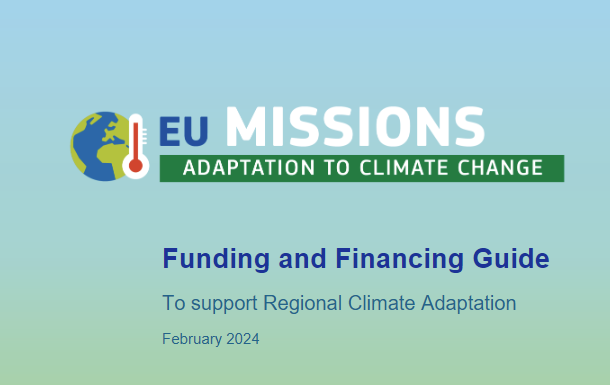
MIP4Adapt launched a new Funding and Financing Guide for adaptation measures
MIP4Adapt recently launched a new comprehensive Funding and Financing Guide to guide stakeholders toward available resources for adaptation measures.
Serving as an information gateway, the guide outlines various funding and financing options, including grants, public-private partnerships (PPPs), crowdfunding, and philanthropic funds. Each option is presented, highlighting the associated benefits to facilitate well-informed decision-making.
The guide reveals routes to financial support and provides valuable insights on enhancing preparedness before seeking funding or financing.
Find more information and download the guide on the dedicated MIP4Adapt page here.
The Mission Implementation Platform (MIP4Adapt) supports European regions to prepare and plan their adaptation pathways to climate resilience. For Charter Signatories, it fosters a Community of Practice, offering support in utilising existing assessments for adaptation plans, identifying demonstration projects, and engaging citizens in inclusive climate initiatives.
- Gaia Ialisa Marotta
- 28/02/2024
-
Working Group
